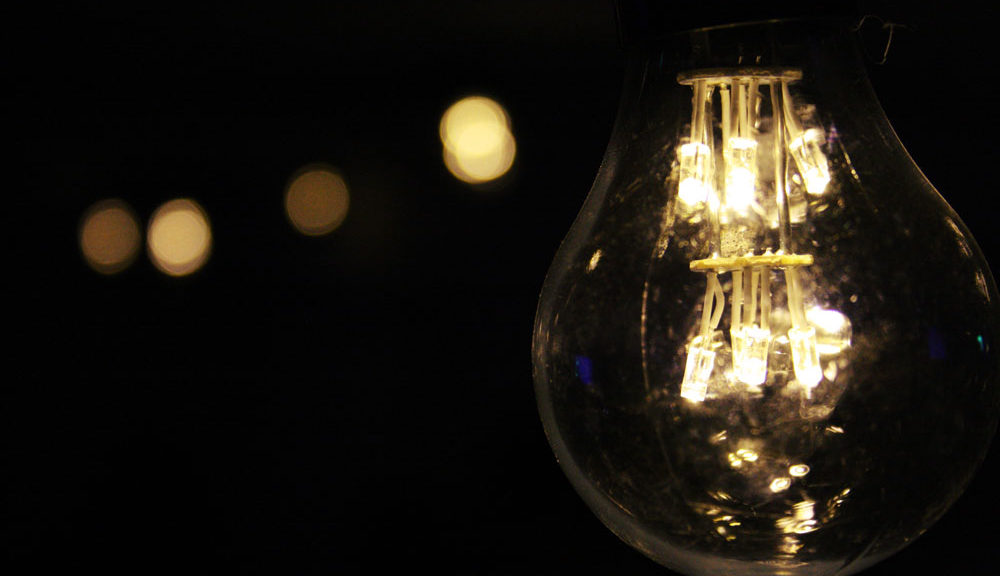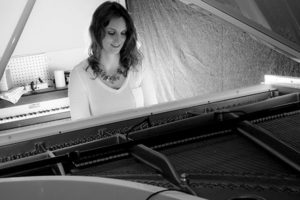
Einstein’s Imagination and the Link Between Music and Scientific Creativity
Every day, science continues to take on increasingly more significant roles in our society. Scientific literacy and creativity are essential for:
- Making advances in medicine to improve quality of life and reducing surgical risks,
- Finding solutions to environmental issues,
- Developing better ways to grow food for a stable food supply,
- Stimulating the economy through the creation of new technology,
- Maintaining strength as a world power through increasing our scientific knowledge relative to other nations
However, we are having a difficult time keeping up. With the United States slipping in the ranks of nations in regard to knowledge of math and science, the Pew Research Center finds that US students ranked in the “middle of the pack.” Students in the United States lagged behind numerous industrialized nations from whom we already import many products and technology.
How do we improve the outlook of our nation’s future?
We can begin by bringing back music education to our children – and even our adults!
Einstein’s Discoveries
“It occurred to me by intuition, and music was the driving force behind that intuition.
My discovery was the result of musicalperception.”
Albert Einstein
Albert Einstein, arguably the most genius scientist of our time, recognized the connection between music and science. A trained violinist since the age of six, Einstein attributed his discovery of the theory of relativity to his music education: “[The theory of relativity] occurred to me by intuition, and music is the driving force behind this intuition. My parents had me study the violin from the time I was six. My new discovery is the result of musical perception.”
Intuition? Doesn’t science come from experimentation and repetitive studies to prove theories? Of course! But the ideas must come from somewhere – the imagination. Of the role of imagination in his scientific discoveries, Einstein said, “When I examine myself and my methods of thought, I come close to the conclusion that the gift of imagination has meant more to me than any talent for absorbing absolute knowledge.”
The Connection Between Art and Science
“The greatest scientists are artists as well.”
Albert Einstein
Imagination and intuition were cornerstones to Einstein’s thought process: first the ideas, then the words and equations. In his autobiography he noted, “I have no doubt that our thinking goes on for the most part without the use of symbols, and, furthermore, largely unconsciously.” Although he certainly had a strong foundation in math and science, it was his capacity for creative thought that allowed him to think freely and play with the boundaries of scientific understanding of the time.
Science without Art is Stagnant
“No scientist thinks in equations.”
Albert Einstein
While the core math and science classes are obviously essential to performance in those subjects, we cannot ignore the impact of the creative arts on scientific thought. Without art, our students may not be able to absorb science and math concepts in a way that makes the information useful. The study of math and science require abstract thinking, not rote memorization of equations. We must continue to support music education, not only for the enjoyment of the art but for the future of science and discovery.
For more information, read the full article at Psychology Today, Einstein On Creative Thinking: Music and the Intuitive Art of Scientific Imagination. Co-authors Michele and Robert Root-Bernstein explore how Einstein “explored time and space… in his musical hobbies.”
Related Articles Recommended for You

Read More

Read More

Read More

Read More

Read More

Read More
